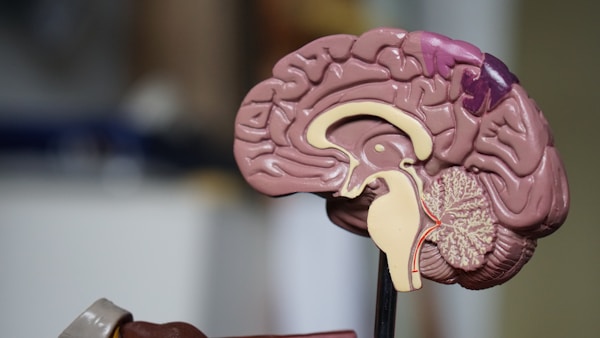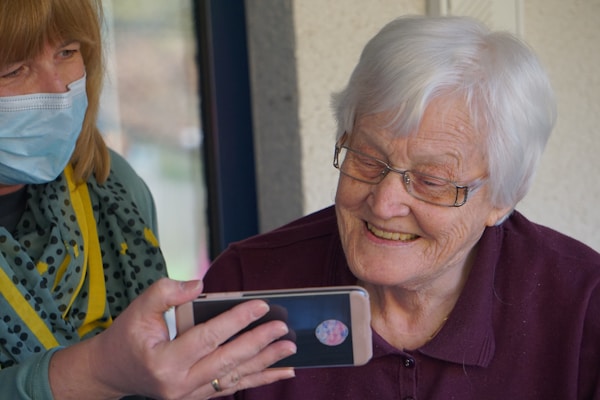Alzheimer’s disease is the most common form of dementia, a general term for memory loss and other cognitive impairments that seriously interfere with daily life. It affects millions of Americans, most of whom are age 65 and older. The disease usually starts slowly and gets worse over time, affecting a person’s ability to think, remember, and communicate. The disease has a broad range of symptoms, and each individual case can present in a variety of ways. There is no cure for Alzheimer’s disease, but there are treatments available that can help improve symptoms. If you want to know more about what warning signs to look out for, read on to find out how Alzheimer’s disease begins.
How does Alzheimer’s disease begin?

Alzheimer’s disease is a debilitating and deadly disease that affects the brain. The disease begins with the build-up of plaques and tangles in the brain. These plaques and tangles are made up of proteins, and they interfere with the normal function of the brain. Eventually, they cause the brain cells to die, which leads to the symptoms of Alzheimer’s disease. Knowing about the early signs of Alzheimer’s will allow you to recognize them in your partner, loved one, or even in yourself. Since early diagnosis and treatment can have an effect on your ability to live comfortably, it’s essential to try to pay attention to potential early indications of the disease and talk to a physician if you suspect something could be wrong.
There is no one definitive answer to this question as the early signs of Alzheimer’s disease can vary from person to person. However, some of the most common early warning signs include memory problems, difficulty completing familiar tasks, confusion about time or place, problems with word finding, and changes in mood or behavior. Alzheimer’s disease is a progressive condition, which means it will gradually get worse over time. Treatment is necessary for helping people with Alzheimer’s disease maintain their quality of life for as long as possible.
The cause of Alzheimer’s disease is unknown, but it is thought to be caused by a combination of genetic and environmental factors. The disease typically begins with mild memory loss and cognitive decline and progresses to more serious symptoms, such as confusion and disorientation, difficulty speaking and swallowing, and eventually, death. Treatments include medications, therapies to improve cognitive function, and support services for caregivers and loved ones to manage the care of someone with Alzheimer’s disease.
What can you do to help a loved one with Alzheimer’s?

Home modifications can be beneficial for Alzheimer’s patients by creating a safe and comfortable environment for them to live in. Some common home modifications that can be made for Alzheimer’s patients include grab bars, non-slip mats, ramps, a stairlift, and widened doorways that can accommodate a wheelchair or other medical equipment. Making these types of modifications can improve daily life for Alzheimer’s patients and their caregivers. Additionally, they will make the patient’s home a safer and more comfortable place for them to live in.
Alzheimer’s can be a difficult disease to deal with, both for the person who has it and for their loved ones. It’s important to be supportive and to help the person with Alzheimer’s feel as happy and relaxed as possible. One of the best things you can do for a loved one with Alzheimer’s is to enable them to stay as independent as possible. This may mean assisting them with daily tasks, such as bathing, dressing, and cooking, but it can also mean providing emotional support and encouragement.
There’s no doubt that living with Alzheimer’s disease is a challenging experience. Eventually, a person with Alzheimer’s may not remember who you are, what you talked about earlier, or where they are. They may also become agitated, confused, or moody. This can be hard for you and your loved ones. The more you know about the disease, the more prepared you’ll be to provide assistance when they need it. With patience and support, you can make daily life easier for both yourself and your loved one.




